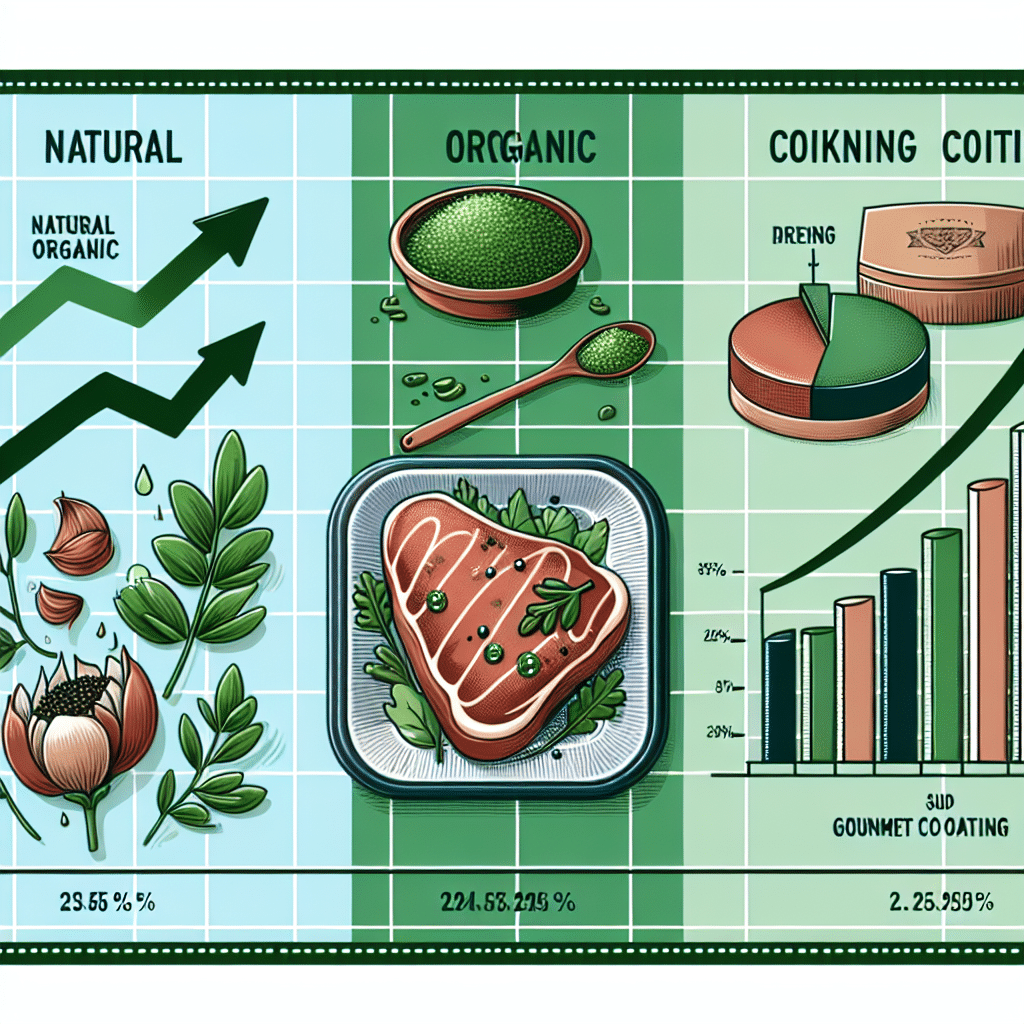3 Plant-Based Taste Challenges (and Solutions)
-
Table of Contents
Plant-Based Taste Challenges: Overcoming Flavor Hurdles
As the plant-based diet continues to gain popularity for its health, environmental, and ethical benefits, the food industry is faced with the challenge of making plant-based foods as delicious and satisfying as their animal-based counterparts. While plant-based foods offer a plethora of health benefits, some consumers find the taste to be a significant barrier to making the switch. This article explores three common taste challenges associated with plant-based diets and provides practical solutions to overcome them.
Challenge 1: Lack of Umami
Umami, often described as a savory or meaty taste, is a fundamental flavor in many cuisines around the world. It is naturally present in animal proteins but less so in plant-based foods, which can lead to a perceived lack of depth in flavor.
Solutions to Enhance Umami in Plant-Based Foods
- Fermented Foods: Incorporating fermented plant-based foods like miso, tempeh, and sauerkraut can add a rich umami flavor to dishes.
- Mushrooms: Mushrooms, especially shiitake and portobello, are known for their natural umami content and can be used in a variety of plant-based recipes.
- Seaweed: Seaweed and other sea vegetables are not only nutritious but also packed with umami flavor, making them a great addition to soups, salads, and sushi.
- Nutritional Yeast: This deactivated yeast is a staple in vegan cooking for its cheesy, umami taste and is perfect for sprinkling on popcorn, pasta, or salads.
Challenge 2: Texture Differences
Texture plays a crucial role in how we experience food, and many plant-based alternatives struggle to replicate the chewiness or juiciness of meat. This can lead to dissatisfaction among those accustomed to the texture of animal proteins.
Creating Satisfying Textures in Plant-Based Foods
- High-Protein Ingredients: Ingredients like seitan (wheat gluten) and textured vegetable protein (TVP) can mimic the texture of meat when cooked properly.
- Legumes: Beans, lentils, and chickpeas can provide a hearty bite and are versatile enough to be used in burgers, stews, and spreads.
- Nuts and Seeds: Adding nuts and seeds to dishes can introduce a satisfying crunch and are also a great source of healthy fats and proteins.
- Cooking Techniques: Experimenting with cooking methods such as grilling, roasting, and smoking can enhance the texture of plant-based foods.
Challenge 3: Flavor Matching
Many consumers have a deep-rooted preference for the specific flavors of certain meats and dairy products. Finding plant-based substitutes that offer a similar taste profile can be challenging.
Techniques for Achieving Flavor Similarity
- Spices and Marinades: Using a blend of spices and marinades can help in replicating the flavors of meat and dairy. For example, smoked paprika can impart a bacon-like flavor to plant-based dishes.
- Plant-Based Milks and Creams: Coconut milk, almond milk, and soy milk can be used as substitutes for dairy in recipes, with the right adjustments for sweetness and fat content.
- Plant-Based Cheeses: Nutritional yeast, cashews, and tapioca starch are commonly used to create vegan cheeses that closely resemble the taste and texture of dairy cheese.
- Herbs: Fresh herbs can add a burst of flavor that elevates plant-based dishes and makes them more appealing to the palate.
Conclusion
Overcoming the taste challenges of plant-based foods is essential for wider adoption of a plant-based diet. By enhancing umami flavors, improving textures, and matching familiar flavors, food manufacturers and home cooks alike can create plant-based dishes that are both nutritious and delicious. The key is to experiment with a variety of ingredients and cooking techniques to find the perfect balance that satisfies the palate.
For those looking to incorporate high-quality plant-based proteins into their products or diet, ETChem company’s protein products offer a solution. Their range of collagen products, including marine, fish, bovine, and chicken collagen, provides a neutral taste and instant solubility, making them an excellent addition to a variety of applications. Whether you’re developing new food products or seeking to enhance your health regimen, ETChem’s collagens can help you meet your protein needs without compromising on taste.
About ETChem:
ETChem, a reputable Chinese Collagen factory manufacturer and supplier, is renowned for producing, stocking, exporting, and delivering the highest quality collagens. They include marine collagen, fish collagen, bovine collagen, chicken collagen, type I collagen, type II collagen and type III collagen etc. Their offerings, characterized by a neutral taste, instant solubility attributes, cater to a diverse range of industries. They serve nutraceutical, pharmaceutical, cosmeceutical, veterinary, as well as food and beverage finished product distributors, traders, and manufacturers across Europe, USA, Canada, Australia, Thailand, Japan, Korea, Brazil, and Chile, among others.
ETChem specialization includes exporting and delivering tailor-made collagen powder and finished collagen nutritional supplements. Their extensive product range covers sectors like Food and Beverage, Sports Nutrition, Weight Management, Dietary Supplements, Health and Wellness Products, ensuring comprehensive solutions to meet all your protein needs.
As a trusted company by leading global food and beverage brands and Fortune 500 companies, ETChem reinforces China’s reputation in the global arena. For more information or to sample their products, please contact them and email karen(at)et-chem.com today.




















